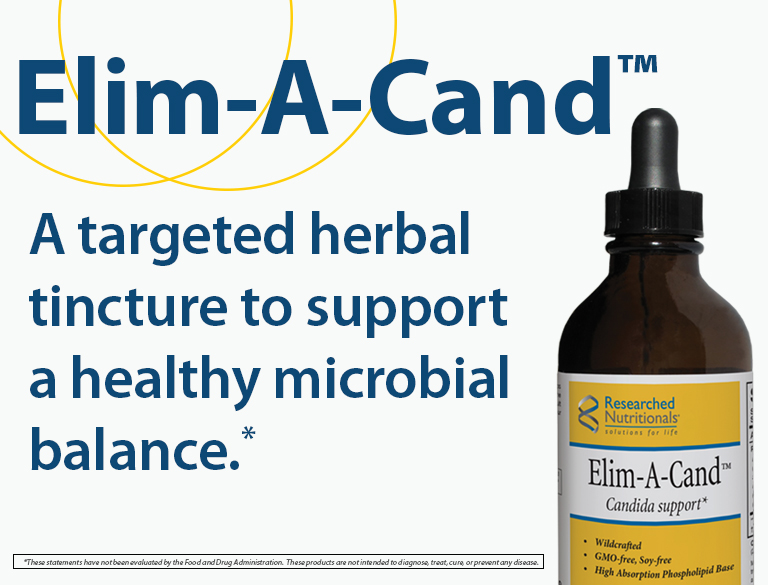I recently watched Symbiotic Earth – How Lynn Margulis Rocked the Boat and Started a Scientific Revolution, a documentary by John Feldman. Margulis, an evolutionary biologist, championed the idea that symbiosis/cooperation, not competition, is the primary mechanism of evolution. As a graduate student, she came upon biologist Ivan Wallin’s speculation that mitochondria, the energy producers in our cells, “could be regarded as symbiotic bacteria.” She developed a theory that eukaryotic cells (cells with nuclei) developed from the merging of bacteria (which lack nuclei).
The film examines the differences between the interdependent, endosymbiotic view of life and the competitive, neo-Darwin “survival of the fittest” view—and got me thinking. What would medicine be like if we viewed microbial life as our creators instead of our enemies?
Research about the microbiome and probiotics is certainly shifting us away from “bacteria is bad.” But will we continue to follow the neo-Darwin path of domination? Will we try to coerce the bacteria (use genetic engineering, for example) to follow some preset, human agenda? Or will we follow the more cooperative path, like biodynamic/permaculture farmers who nurture a rich, diverse microbial life in the soil?
What if healthcare focused on our body’s terrain, like biodynamic farmers focus on the soil?
As British ecologist Stephan Harding says in the film, “microbes rule the world.” They regulate the climate, cycle nutrients, communicate with each other, and create complex ecosystems. What if we came to appreciate that our existence depends upon one-celled organisms?
Jule Klotter





